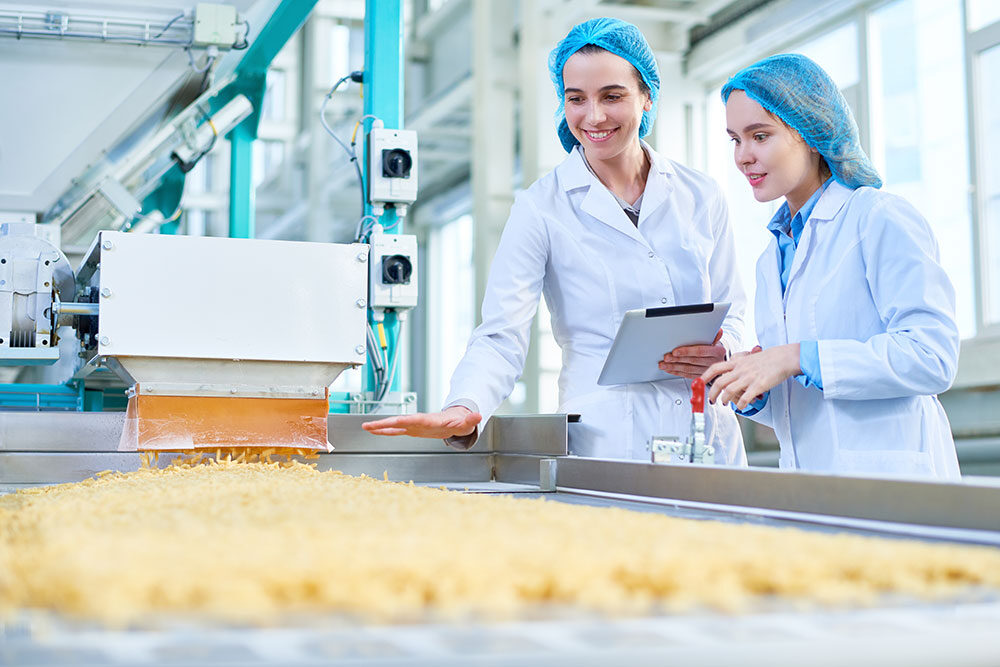For meat processing plants, maintaining a sanitary facility is critical. Without proper sanitation, it is possible for bacteria and contamination to grow and spread, causing serious health and safety issues. Fortunately, there are many ways to maintain a sanitary meat processing plant. One of the most important steps in creating and maintaining a sanitary facility is having the appropriate floor drains in place, to keep floors clean, dry, and free from dirty water runoff that can lead to a wide range of problems.
Drainage Considerations and Needs
One of the biggest concerns within meat processing plants is sanitation. Since these plants work with raw products, diseases like Salmonella, e.Coli and Listeria can create serious health and safety issues. For that reason, thorough cleaning and sanitation are essential and an efficient drainage system is necessary. But it cannot be just any system — floor drains in meat processing plants are required to meet strict federal guidelines.
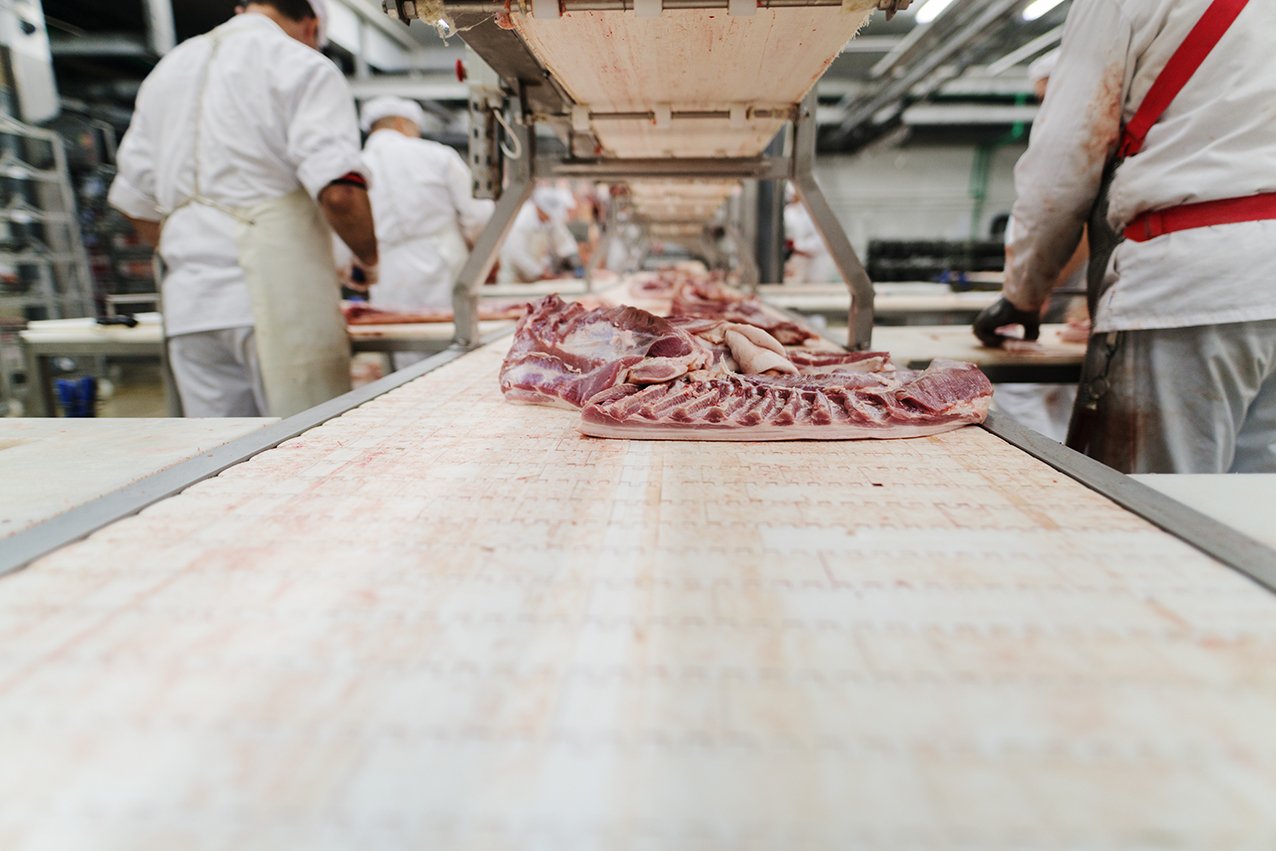
For meat processing plants, one of the major features a drainage system requires is a durable, non-porous material that is easy to clean and is bacteria-resistant. The material used should also have the ability to withstand extreme temperatures, both hot and cold. A meat processing plant drain system also has to be corrosion-resistant, due to the harsh disinfecting chemicals commonly used within such facilities. Sanitation factors are not the only things to consider, however.
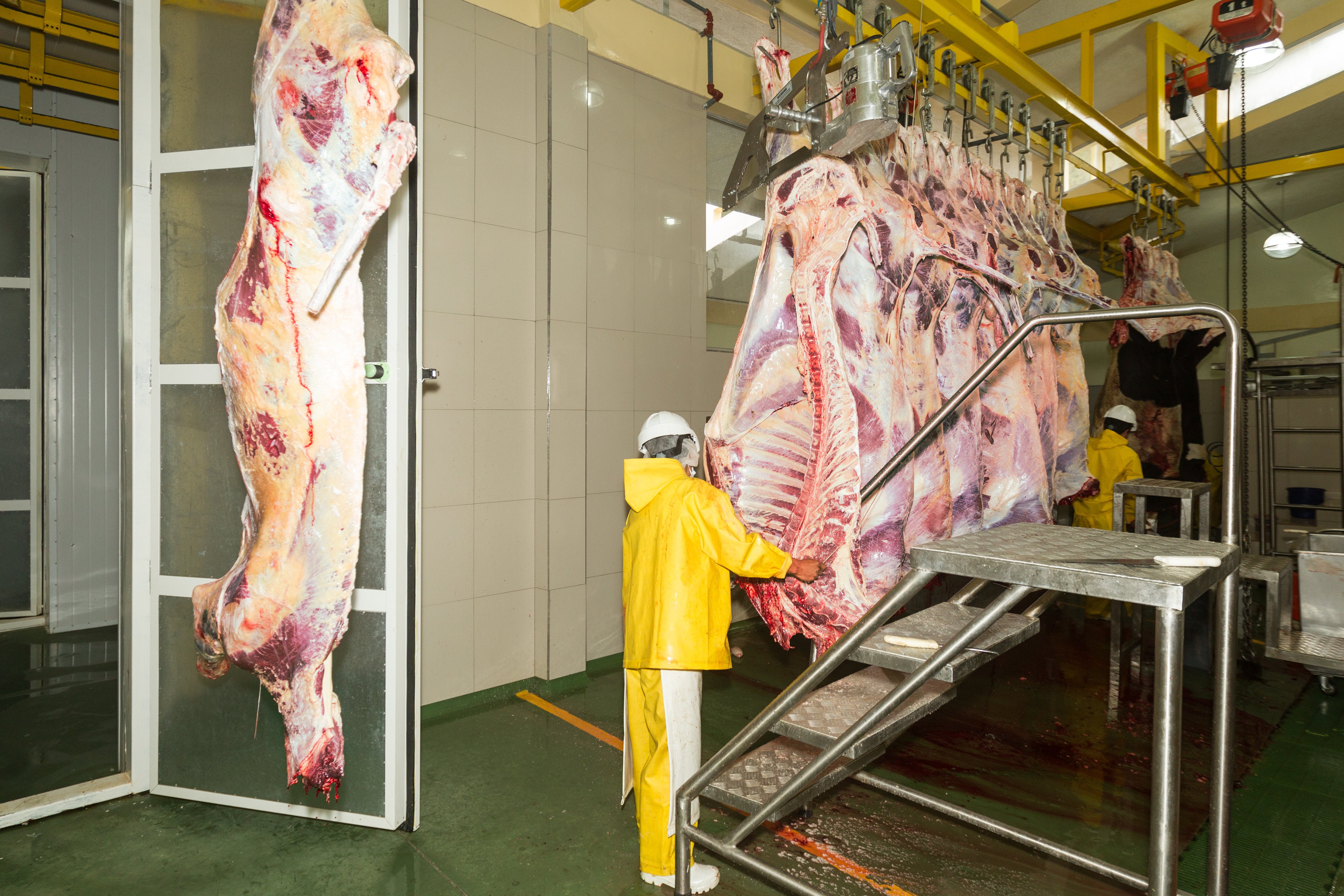
Safety is another major concern for meat processing plants. Like most facilities, a meat processing plant has plenty of foot traffic, and if a drain system isn't flush with the floor, it can create dangerous tripping hazards. These hazards become more likely–and more serious–if the system contains a grate cover, which is heavy and very fragile. Workers can become injured lifting grates to clean the drainage system or by tripping over a broken grate–both which can be serious.
Choosing a Drainage System
The market is saturated with brands selling floor drains, so taking the time to compare the various features is critical. You want a system that can meet your plant's needs in terms of safety, sanitation, and, of course, Federal regulations. Trench drains are the common option, but even in that category, there are countless options–while grated systems are the norm, they are certainly not the best, due to the issues that come with grate covers.
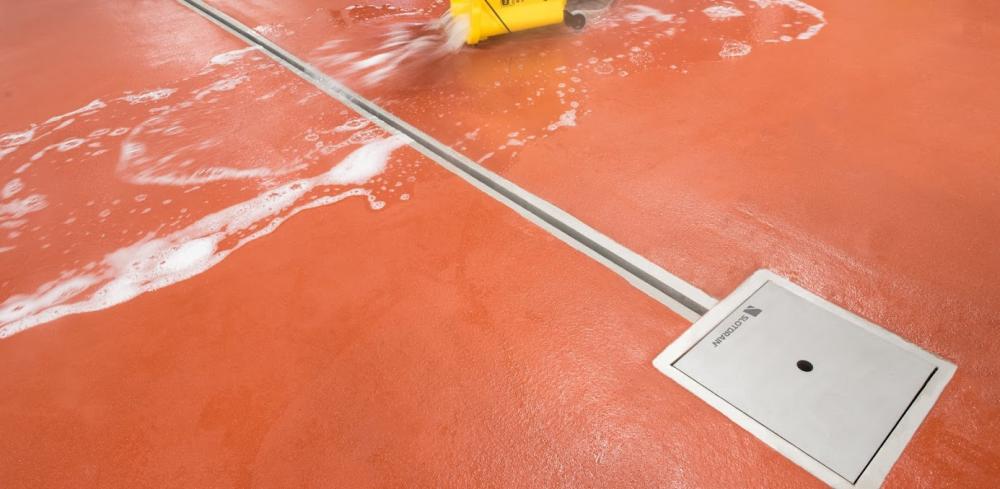
The Slot Drain System is a newer style of trench drain designed not to need a grate cover, making it safer and more sanitary than the grated systems. Being grateless also means that the facility will also spend significantly less time (and money) on the upkeep of the drain system since there is no grate to replace every time it breaks. It also means that the drainage system will be more sanitary since grates are prone to collecting dirt and grime, which leads to contamination.
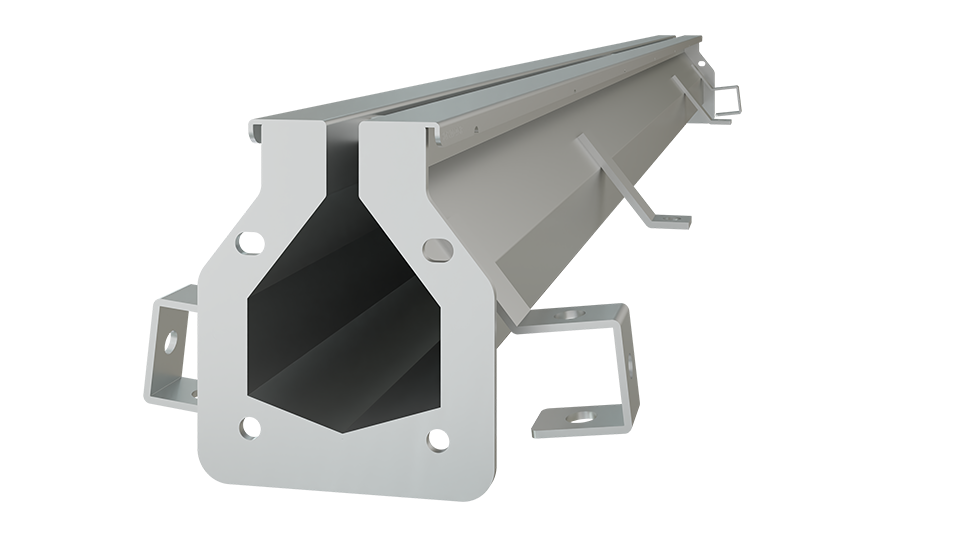
Being grateless is not the only thing that Slot Drain has to offer. It is a system that meets all the Federal regulations required for a meat processing plant floor drain. It features a food-grade stainless steel construction, and it is resistant to bacteria, corrosion, and even extreme temperatures. The pre-assembled, pre-sloped design also means that there is no concern of water being left standing, which leads to the growth of bacteria and contamination. Slot Drain's heavy-duty system has a high flow rate, capable of handling up to 27 gallons per minute, in certain models. A higher flow rate ensures that the system will never overflow or become backed up, which can also lead to an unsanitary and unsafe facility.
For meat processing plants, like all food-related facilities, sanitation is key. Without the right tools and setup, bacteria and contamination would be more likely to spread rapidly.. Although there are many steps to creating a safe and sanitary facility, one of the most critical steps to take is choosing the right drainage systems. While there are many different systems on the market, Slot Drain products are cost-effective, efficient, and incredibly sanitary.
For more information on choosing the best meat processing floor drains, contact an expert at FoodSafe Drains today.
